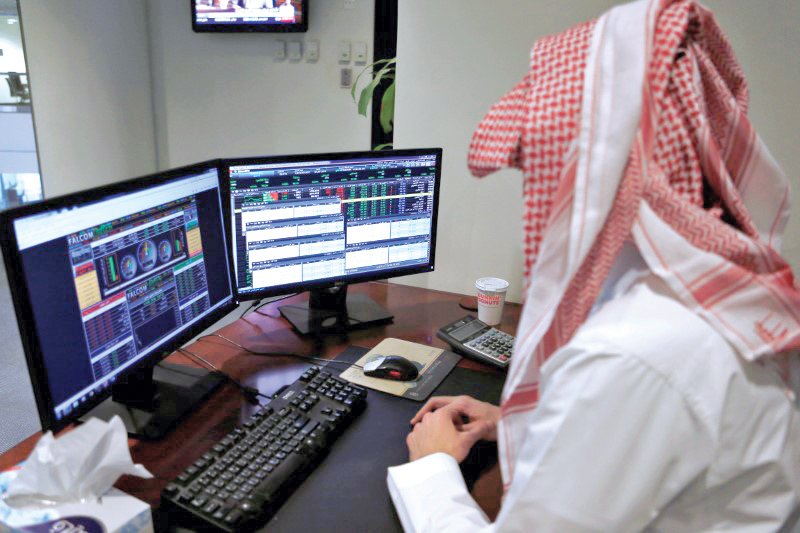

DUBAI/NEW YORK: The Saudi Arabian stock market will join FTSE Russell’s emerging market index starting in March next year, the company said, a move expected to draw billions of dollars of fresh foreign portfolio investment to the kingdom.
Many equity funds around the world benchmark themselves against the index, and they will need to buy Saudi stocks when the change takes effect. With a capitalisation of about $500 billion, Saudi Arabia is the Arab world’s largest equity market.
The decision is a boost to reforms launched by Crown Prince Mohammed bin Salman, who wants foreign investment to create jobs and diversify the economy, which has been hit hard by low oil prices, beyond energy exports.
“Saudi Arabia’s inclusion in the FTSE benchmark is the largest event in the emerging markets since 2001, and an important development for global investors,” Mark Makepeace, chief executive of FTSE Russell, told a press conference in New York, referring to the expansion of FTSE’s coverage following its purchase of Barings Emerging Market Index the previous year. To prevent Saudi Arabia’s large size from destabilising other markets as funds shift money to Riyadh, the kingdom will enter the index in several stages starting in March 2019 and ending in December 2019, FTSE said.
The kingdom is projected to have a weight of 2.7 per cent in the index, which could rise to about 4.6 per cent because of the government’s proposed public offer of 5 per cent of the shares of state oil giant Saudi Aramco, FTSE added.
Saudi authorities worked for years to meet criteria to enter the index, tightening rules on corporate governance, modernising the market’s settlement system and easing - though not completely removing - restrictions on foreign ownership of stocks.
“This development will further diversify the investor base of the Saudi market, and a more diverse investor base often leads to a more mature and less volatile capital market,” Mohammed ElKuwaiz, the chairman of the Saudi Capital Market Authority, said at the New York event.
The FTSE decision would likely add almost $5.5 billion of cash from “passive,” index-linked funds to the Saudi market, according to Makepeace. Regional investment bank EFG Hermes has estimated Saudi Arabia will attract about $5 billion of “passive”, index-linked funds because of FTSE’s decision.
In addition, rival index firm MSCI will decide in June whether to include Saudi Arabia in its own emerging market benchmark. A positive decision, which many fund managers expect, could produce around $10 billion of passive inflows.
Such numbers may only be the tip of the iceberg; a lot more new money could come from “active” funds, which have more discretion to move between countries.— Reuters
Oman Observer is now on the WhatsApp channel. Click here



